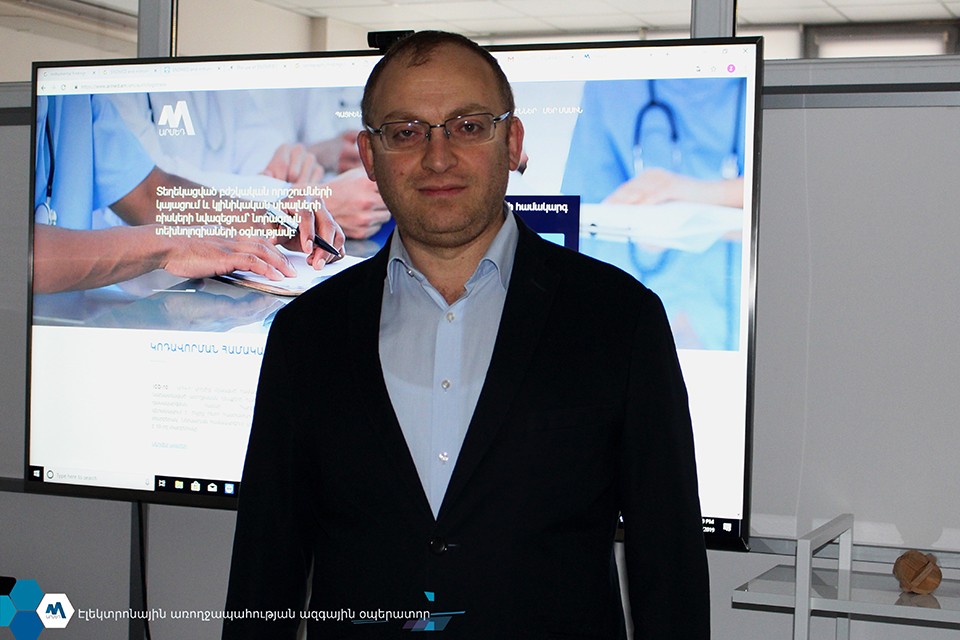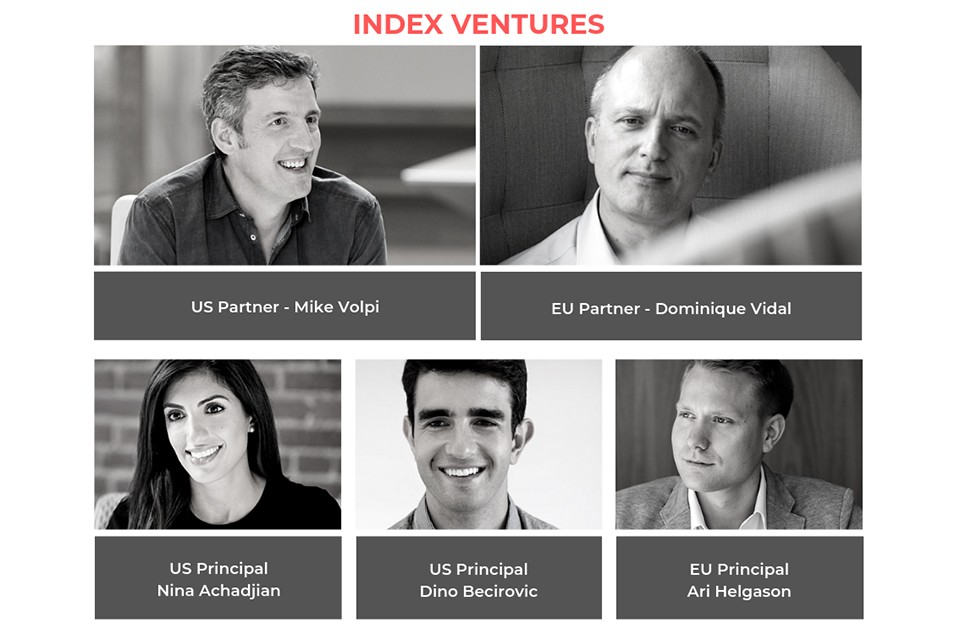-
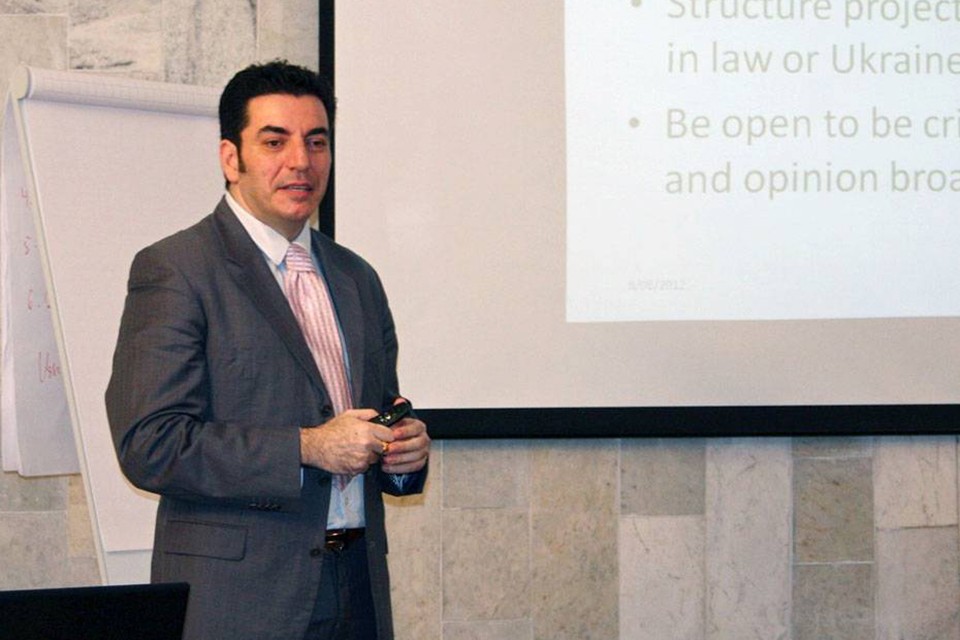
Robert Bassili
-
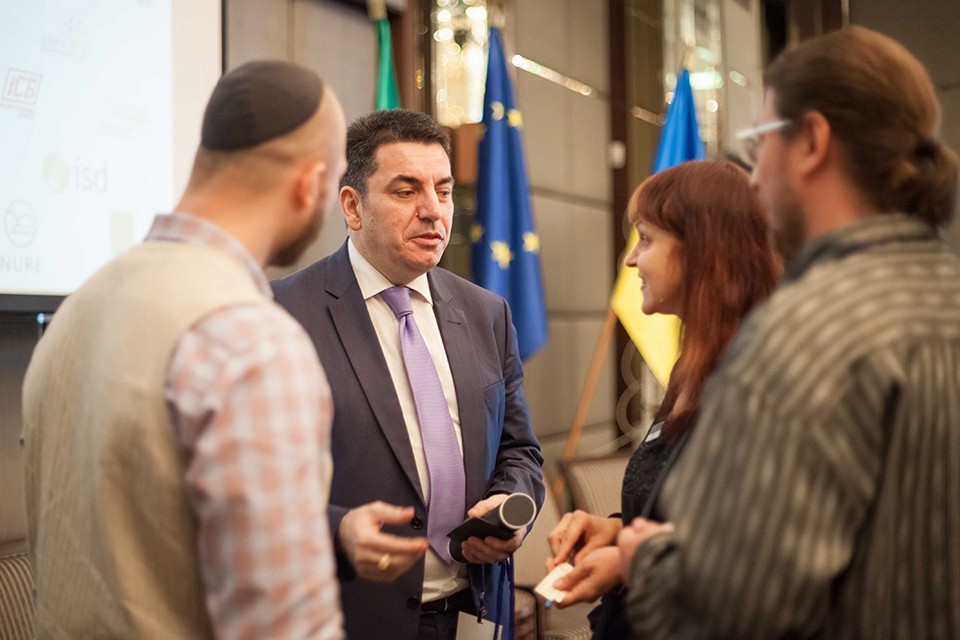
Official announcement of USD 1bn investments of Infrastructure in Kharkov, Ukraine
-
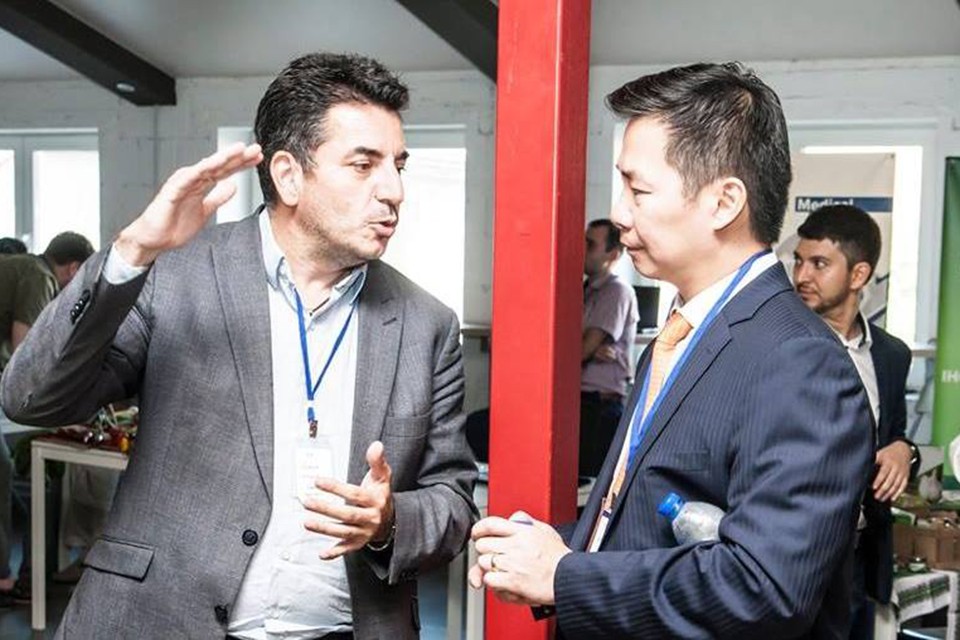
Official Launch “BIG U” Business Incubator Group Ukraine
14:27 | 01.03.19 | Interviews | exclusive 54985
Robert Bassili: From prison to business secrets
Investor, businessman of Armenian descent Robert Bassili began his professional career in Australia. He is the founder and president of Ramsis Capital LLC, the company investing in Ukraine, Egypt and China, and his current net worth is estimated at USD 93 million.
In 2007 Bassili was arrested in London Heathrow Airport by Interpol and Scotland Yard on the request of the Australian Government for accusation of misleading investors for USD 175,000. He served 2 years in high security prisons in UK and Australia.
Bassili is based in Ukraine in recent years. His first visit to the historical homeland, Armenia, took place in February 2018. The son of a Greek father and Armenian mother is in Yerevan once again, and this time he plans to spend three months here to make a series of large investments.
Itel.am presents the most noteworthy remarks from the interview with Mr. Bassili.
Prison experience as a competitive advantage
Considering that I spent 2 years in high security prison between UK and Australia (on the same allegation), there were many lessons learnt in that dark period. The biggest lesson was the importance of building relationships. Relationships are everything; they make you a lot of money but more importantly, they save your life.
I also learned the importance of patience. This is something that is not spoken about or appreciated, but in business patience is one of most important attributes.
Lastly, much like prison, business is one big head game and once you learn how to play it, then it’s not a game at all, and you can start executing and growing your business. Ultimately, my time in prison is my competitive advantage over other investors and businessmen in Ukraine, Egypt, Asia and Armenia.
Investment in mature and failed businesses only
I was doing a lot of investigation trying to research business environment in Armenia. My first visit to Armenia was actually in February 2018. It was before the revolution, and this is my 6th trip here in one year.
 Official announcement of USD 1bn investments of Infrastructure in Kharkov, Ukraine
Official announcement of USD 1bn investments of Infrastructure in Kharkov, Ukraine
I generally invest in mature businesses and businesses that have fundamentally a problem in them - financially, strategically, or with human capital.
I am interested in investing in someone that has already failed, because I understand how this person dealt with that situation. The person that has never failed does not know what failing actually is.
I try to reconstruct the business that I invest in.
Lack of mentorship for startups in Armenia
I normally do not invest into startups, but I am a huge supporter of mentorship. I have been spending a lot of time with startup community in Armenia through mentorship, talks, and I have been an advisor to a couple of startups.
I think there is a lack of mentorship in Armenia, which is such an important element in the ecosystem. Mentorship is this: I work with you on a project. We finish working at 10 p.m. and we are going to meet again next morning. And you say: “Robert, I feel tired, let’s meet on Monday.” A real mentor would answer: “You are lazy, and we need to meet tomorrow morning and continue.”
Among promising startups in Armenia I can mention Magic Cup, which is a winner of Sevan Startup Summit 2018. The cup that this startup presents can heat and cool the content with the help of harmless chemical reactions. I am currently providing mentorship to this startup.
Monopoly in business isn’t bad
I have several points that lead me. I need to see a business that has a fundamental problem. I also need to believe that through reorganization we can turn this business into market leader, into a monopoly.
I don’t think monopoly is a bad thing in business. As a businessman and entrepreneur you want to set a monopoly. You don’t want to be in a competition with anyone. The most successful investments that I had, they are all monopolies. And in general, all successful businesses in the world are monopolies.
I see many businesses that do not need investment at this moment; they just need to establish ties with customers.
Armenia needs private investors from abroad
The democracy in Armenia, established after the revolution is a positive phenomenon, but it’s not enough for bringing investments and prosperity to Armenia.
 Official Launch “BIG U” Business Incubator Group Ukraine
Official Launch “BIG U” Business Incubator Group Ukraine
Money comes into the country from institutional investors, like World Bank, ADB, etc., but there is a lack of private investors coming here. This is where the government really needs to put efforts. These investors are crucial for the development of SMEs in Armenia, as any healthy democracy has healthy SME investments.
Getting investment isn’t occasion to celebrate
I have met many really talented people. However, entrepreneurs are focusing way too much on the idea and that’s a problem. They are overvaluing the idea and undervaluing the execution which is the most critical part.
Another thing is when someone gets an investment, particularly in Armenia, people celebrate this. I don’t know why they are celebrating. What are you celebrating? The fact that you need to bring money from someone probably means you are not a very good entrepreneur. It’s radical thinking probably, but it’s true.
When I invest in services, the founders generally want to celebrate this, and I refuse to celebrate with them.
I think that investments are needed, money is needed, but it should be done on the right time.
Good team and sense of responsibility
People are the most valuable asset, and this is something I passionately believe in. You will eventually find USD 1m investment for your startup, but finding a good team can take years. This has been the most difficult part for me so far.
There are some great ideas and human capital in Armenia now, but I would say there is no sense of responsibility among the young community. The responsibility starts from coming to the meeting on time.
Narine Daneghyan talked to Robert Bassili

17:29 | 24.09.25 | Articles
Jacopo Losso on Cross-Border Investments and Why Armenia Attracts Angels


